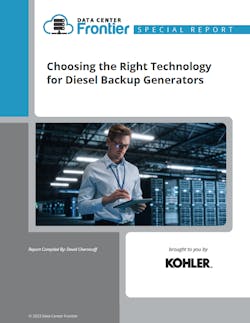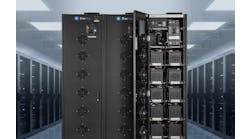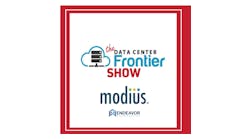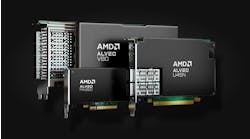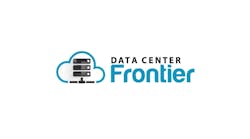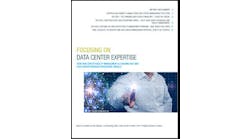What is Diesel Tier Certification?
We continue our article series on how to choose the right diesel backup generator technology. In this article, we'll explain diesel tier certification.
Starting in 1996 the US Environmental Protection Agency introduced a set of emissions standards for new non-road diesel engines. The goal of these standards was to reduce nitrogen oxides and particulate matter emissions from diesel engines used in applications other than those used on highways. The current emissions standard is called Tier 4 and is the strictest of the regulations. Phased in between 2008 and 2015 and based on engine horsepower, the reduction in particulate matter and oxide emissions on engines meeting the Tier 4 standard are 99%. In the last 25 years diesel engines have become cleaner and more efficient with technology advances in everything from fuel delivery and turbocharging to electronic controls. With these changes engines were able to meet both Tier 2 and Tier 3 standards, but with the advent of Tier 4, it was necessary for exhaust after treatment to be added to technologies applied. Many existing installations are equipped with engines that were certified to the less stringent Tier 2 standard. Engines certified to Tier 4 standards emit significantly less NOx, PM, HC, and CO than engines certified to the previous Tier 2 standards.
Anyone familiar with diesel vehicles is likely familiar with these exhaust after treatments. The simplest is adding a diesel particulate filter, next would be exhaust gas recirculation, which recirculates exhaust gases into the combustion chamber. This reduces oxides, but increases particulate matter, so it is usually combined with a filter. The third most common methodology is selective catalytic reduction which combines the exhaust with ammonia and passes it over a catalyst. DEF (diesel emissions fluid) is used at about a 20-1 ratio with diesel fuel. Tier 4 engines also require the use of Ultra-low sulfur diesel fuel to meet their emission standard.
For operators looking for the most sustainable and environmentally friendly option, diesel engines that meet the Tier 4 standard are a must. The long-term benefits of reduced emissions from diesel engines used in data center backup power applications are fairly broad. The continued development of technologies to meet the requirements mean that greenhouse gas and particulate emissions have been significantly reduced while the engines themselves are more efficient to run and cheaper to operate.
Download the full report, Choosing the Right Technology for Diesel Backup Generators, featuring Kohler, to learn more. In our next article, we'll explain why the right backup generator is an integral part of protecting the data in your facilities.


